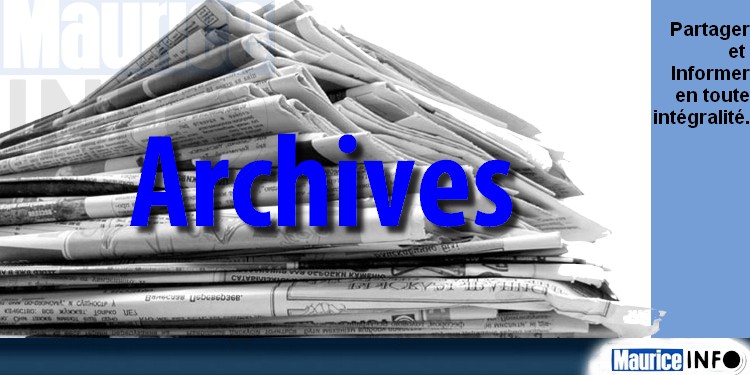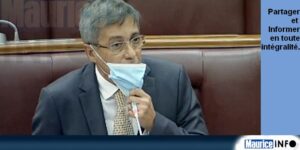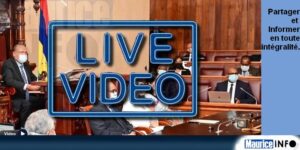African Leaders pledge to drive Immunization and Polio Eradication
3 min read
Les archives de Maurice Info
In a bid to foster a healthy population, African leaders have come together to reiterate the need to actively direct resources and efforts to curb the spread of polio on the continent after their previous success was hampered by the Covid 19 outbreak.
The African continent has made significant progress in its decades-long fight against polio, a life-threatening and vaccine-preventable disease caused by the poliovirus. Over the past decade, the African health community has worked towards increasing the number of children receiving vaccines, resulting in increased immunization rates across the continent. In 2019, basic immunization coverage (DTP3) in Africa reached 76%, an impressive increase from 9% in 1980 and 56% in 2020. Further, in 2020, the African region of the World Health Organization was certified as free of wild polio. Although a grand milestone, this only lasted 2 years and variant outbreaks continue to spread in communities that have low vaccination rates.
Despite great strides towards a polio-free Africa, latest WEUNIC figures show that vaccination rates have substantially declined, and the continent is seeing the lowest coverage since 2013. The reason for this decline can be attributed to disruptions in delivery of routine immunization services during the COVID-19 pandemic. In response to the situation, former African Union Chair and President of Senegal, Macky Sall, organized the Forum for Immunization and Polio Eradication in Africa on December 10, 2022, in Dakar. One of the main goals of the forum was to remobilize Heads of State on the Addis Declaration on Immunization, a historic pledge adopted in 2017 to ensure that every person in Africa receives routine vaccinations to achieve universal immunization on the continent. Further, the forum called on civil society organizations, financial and technical partners, and African health experts to mobilize and advocate for universal vaccination access for all Africans, particularly the most vulnerable and marginalized populations.
On the occasion of this Forum, His Excellency President Macky Sall said,
« It must be said loud and clear that immunization is a safe intervention. From their conception to the first injection, vaccines follow a rigorous and standardized scientific protocol that leaves no room for chance. Immunization saves lives, especially those of women and children, who are in many ways vulnerable groups in society. Immunization is effective. It prevents human suffering and disabilities, and helps to build strong immune systems in children.
Dr. Tedros Adhanom Ghebreyesus, Director General of the World Health Organization said
« The right to health includes the right to vaccines. We must ensure that routine immunization services guarantee equitable access to all children wherever they live. Concerted regional and global action to expand access to life-saving vaccines will enable us to protect against multiple and concurrent outbreaks of diseases such as polio, measles, yellow fever, cholera, and diphtheria. This will save lives, prevent disease and help us better prepare for future crises.”
The Forum emphasized the need for an increase in political and financial investments in immunization programs and services. The key institutions present, including WHO, UNICEF, Gavi, Africa CDC, the Bill and Melinda Gates Foundation, Dakar Pasteur Institute, the Coalition for Epidemic Preparedness Innovations and Rotary International reiterated the important role of civil society organizations (CSOs). Through a joint CSO statement in support of the Addis Declaration, close to 200 African civil society organizations pledged to tackle the gap in immunization and work together to address polio outbreaks. The list of organizations pledging to stand together in support of widespread child immunization can be found here.
Similar to CSOs, the Organization of African First Ladies for Development (OAFLAD) founded in 2002 by 37 African First Ladies pledged their support for the remobilization to fulfill the commitments made in the Addis Declaration.





